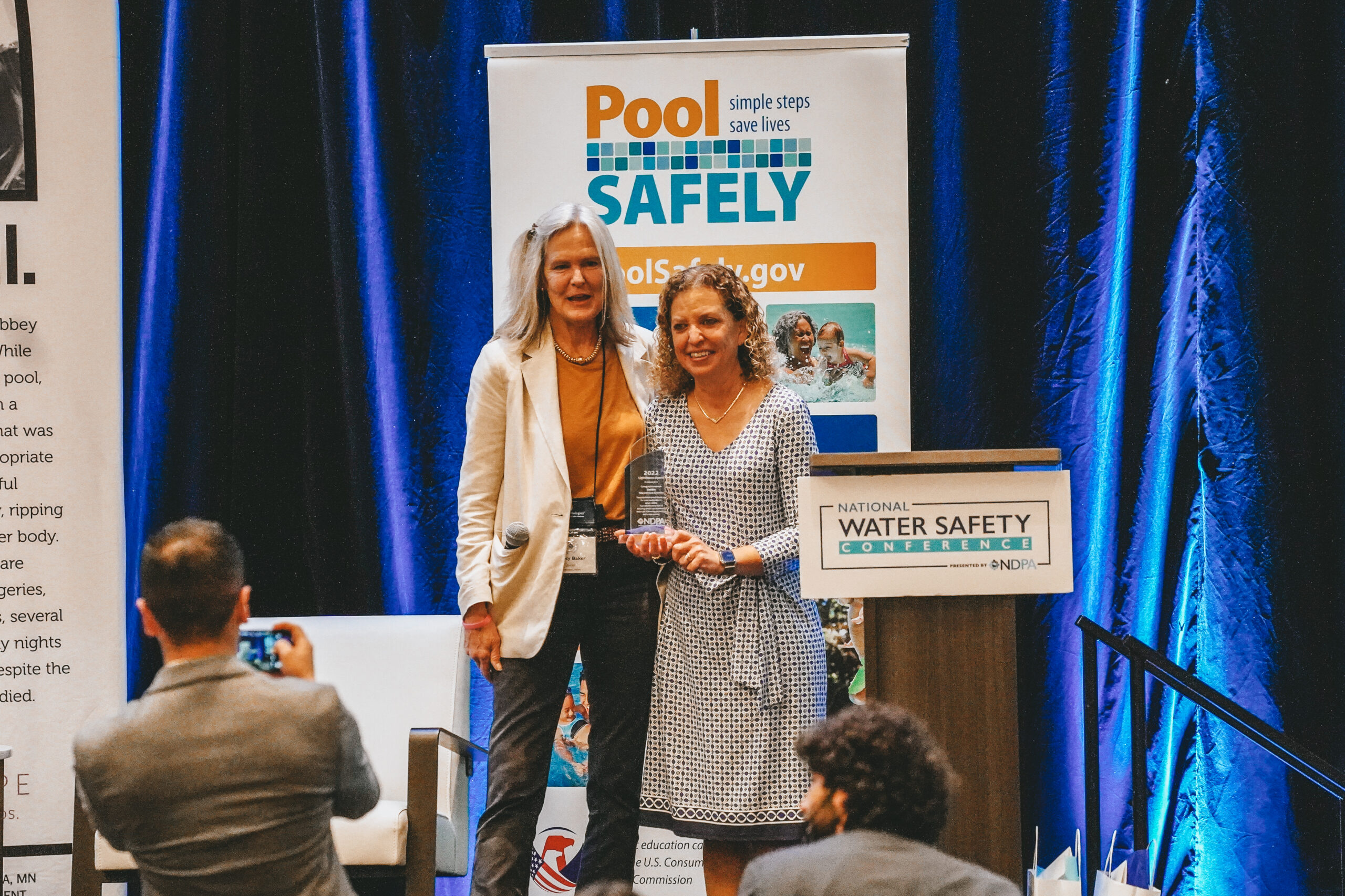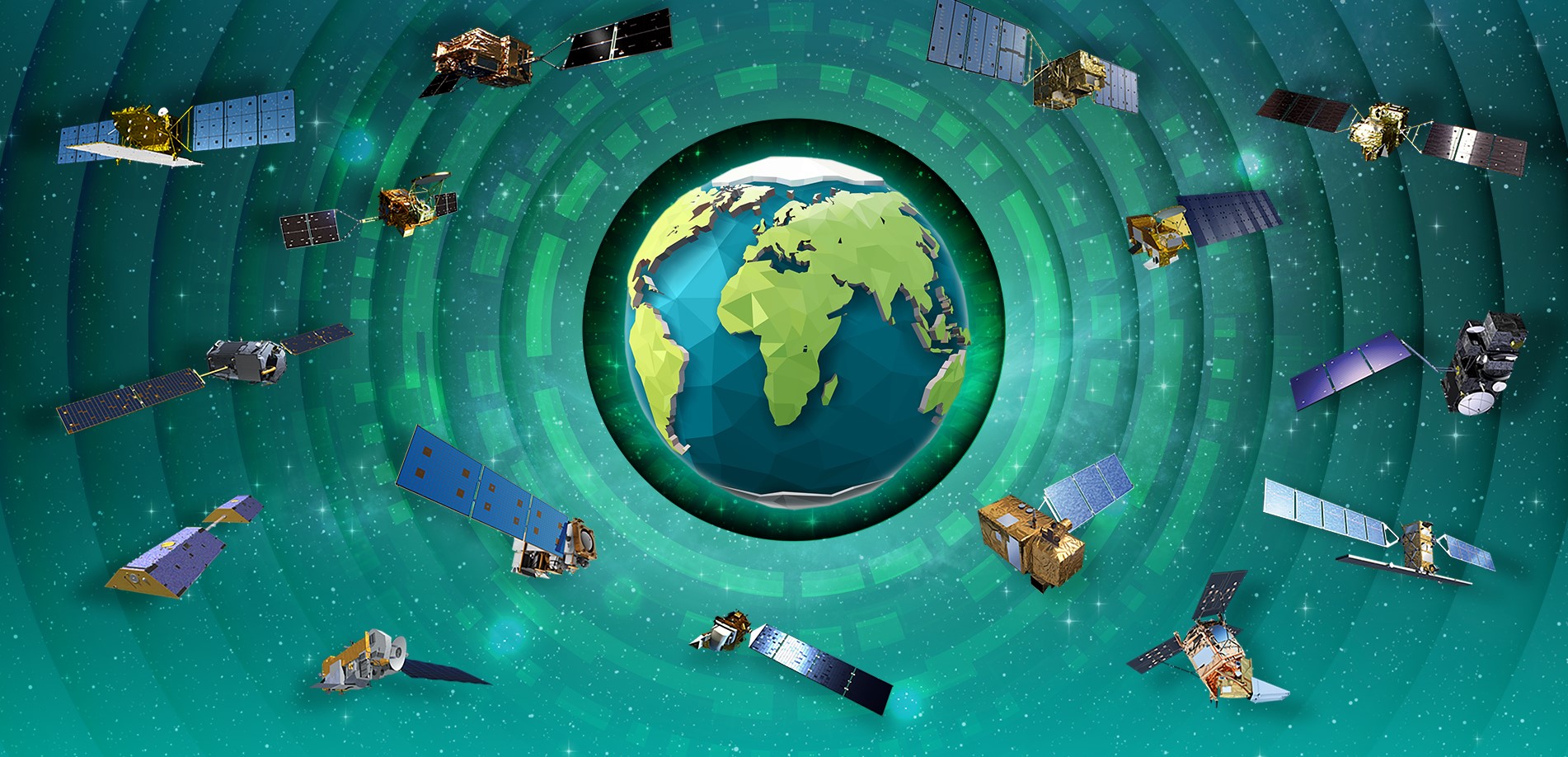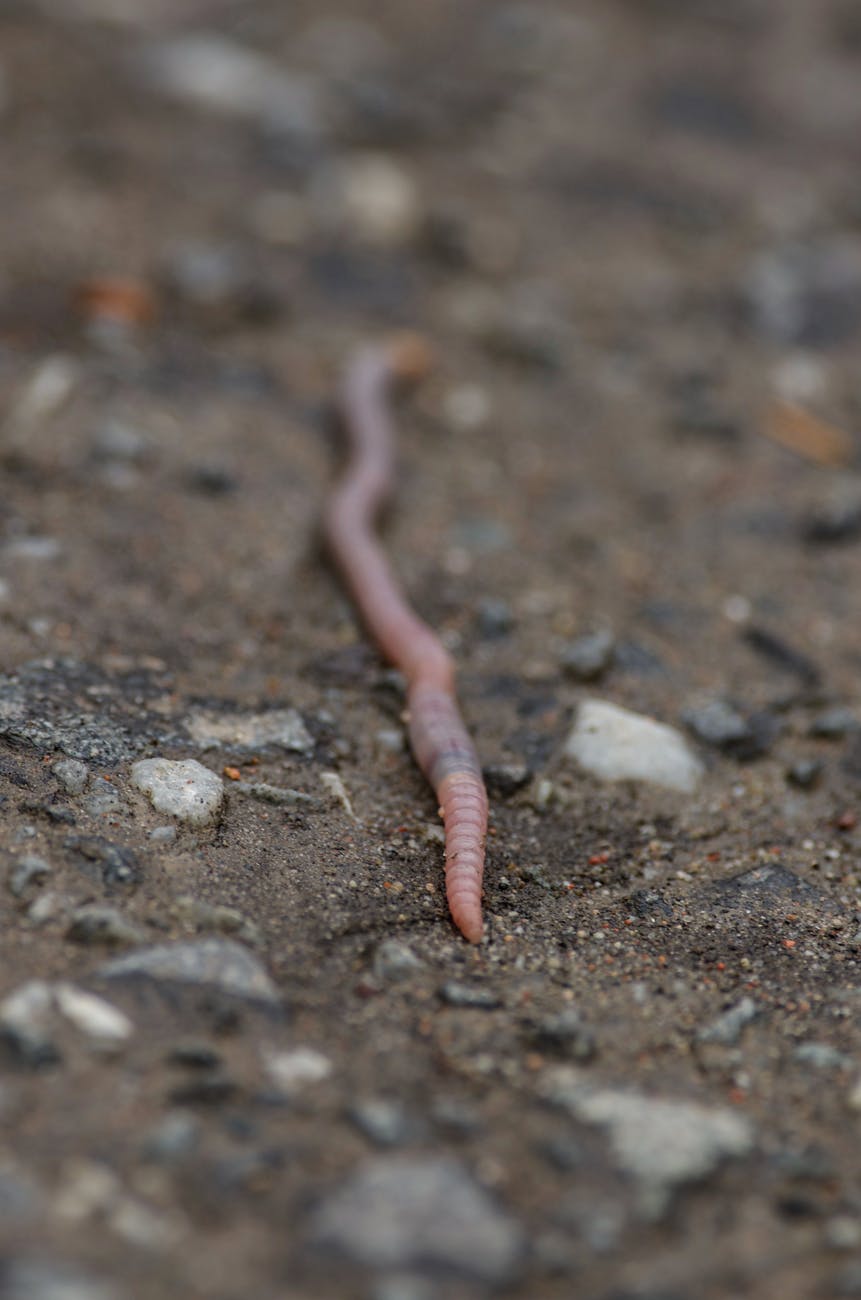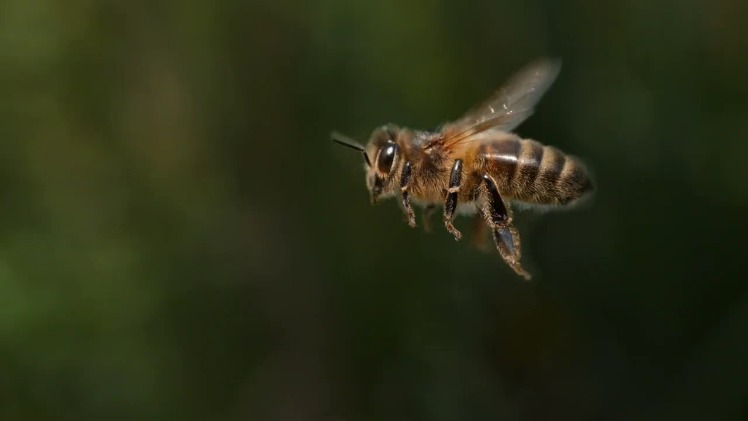U.S. Rep. Debbie Wasserman Schultz (FL-20) Receives Lighthouse Award and Becomes a Water Safety Champion at the National Water Safety Conference

After record breaking drowning numbers in 2021, aquatics professionals, public health and safety officials, parents and federal representatives came together to share strategic ideas and to rally support for the reauthorization of the Virginia Graeme Baker Pool and Spa Safety Act. FT. WORTH, Texas /PRNewswire/ — Over 300 water safety advocates gathered in person and virtually, at […]
Skydiving salamanders live in world’s tallest trees

Salamander living in redwoods is able to maneuver in freefall, suggesting adaptation to living at heights Newswise — Salamanders that live their entire lives in the crowns of the world’s tallest trees, California’s coast redwoods, have evolved a behavior well-adapted to the dangers of falling from high places: the ability to parachute, glide and maneuver […]
Noisy jackdaw birds reach “consensus” before taking off

Newswise — On cold, dark winter mornings, small black crows known as jackdaws can be heard calling loudly to one another from their winter roosting spots in the U.K. before taking off simultaneously right around sunrise. Now, researchers who’ve studied their daily activities in unprecedented detail report evidence that these groups of hundreds of individuals […]
Gene-edited tomatoes could be a new source of vitamin D

Newswise — Tomatoes gene-edited to produce vitamin D, the sunshine vitamin, could be a simple and sustainable innovation to address a global health problem. Researchers used gene editing to turn off a specific molecule in the plant’s genome which increased provitamin D3 in both the fruit and leaves of tomato plants. It was then converted […]
Light pollution can disorient monarch butterflies

Even a single light can throw off the butterfly’s internal compass, UC biologists say Newswise — Besides planting milkweed in the garden, people interested in helping monarch butterflies might want to turn off the porch light. Biologists at the University of Cincinnati say nighttime light pollution can interfere with the remarkable navigational abilities of monarchs, […]
How a cognitive bias is blocking the rise of electric cars

A UNIGE team shows that underestimating battery autonomy is a major psychological barrier to buying an electric car. Newswise — What are the barriers to the adoption of electric cars? Although the main financial and technological obstacles have been removed, their market share still needs to increase. In a recent study, a team from the […]
Watch Dolphins Line Up to Self-Medicate Skin Ailments at Coral “Clinics”

Newswise — If a human comes down with a rash, they might go to the doctor and come away with some ointment to put on it. Indo-Pacific bottlenose dolphins get skin conditions, too, but they come about their medication by queuing up nose-to-tail to rub themselves against corals. In the journal iScience on May 19, researchers show […]
NASA, Partners Offer Global View of Environmental Changes

Continuing the collaboration that produced the COVID-19 Earth Observing Dashboard in 2020, NASA and its international partners in Europe and Japan have combined the collective scientific power of their Earth-observing satellite data in expanding the online resource to document a broad array of planet-wide changes in the environment and human society. The expanded dashboard from […]
Earthworms Like to Eat Some Plastics, but Side Effects of Their Digestion Are Unclear

Newswise — Earthworms are a welcome sight for gardeners and farmers because the wriggling invertebrates recycle nutrients from soil, making them more accessible to plants. As worms burrow, they consume almost everything in their path, including microscopic plastic pollution. Now, researchers reporting in ACS’ Environmental Science & Technology have observed that earthworms actually prefer soil with some […]



